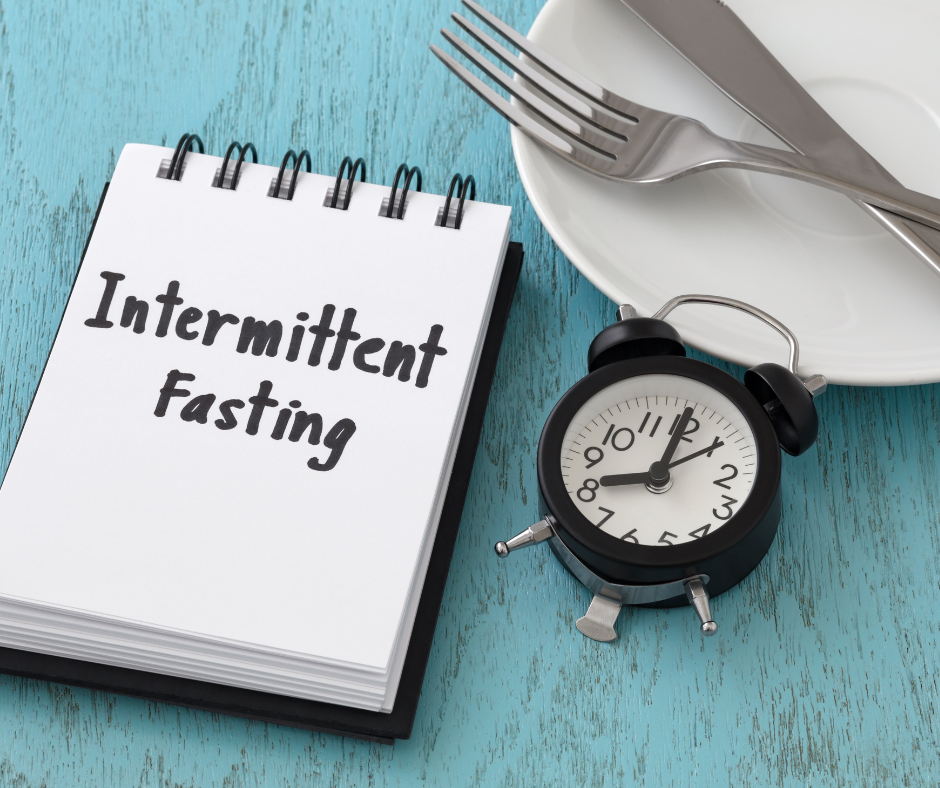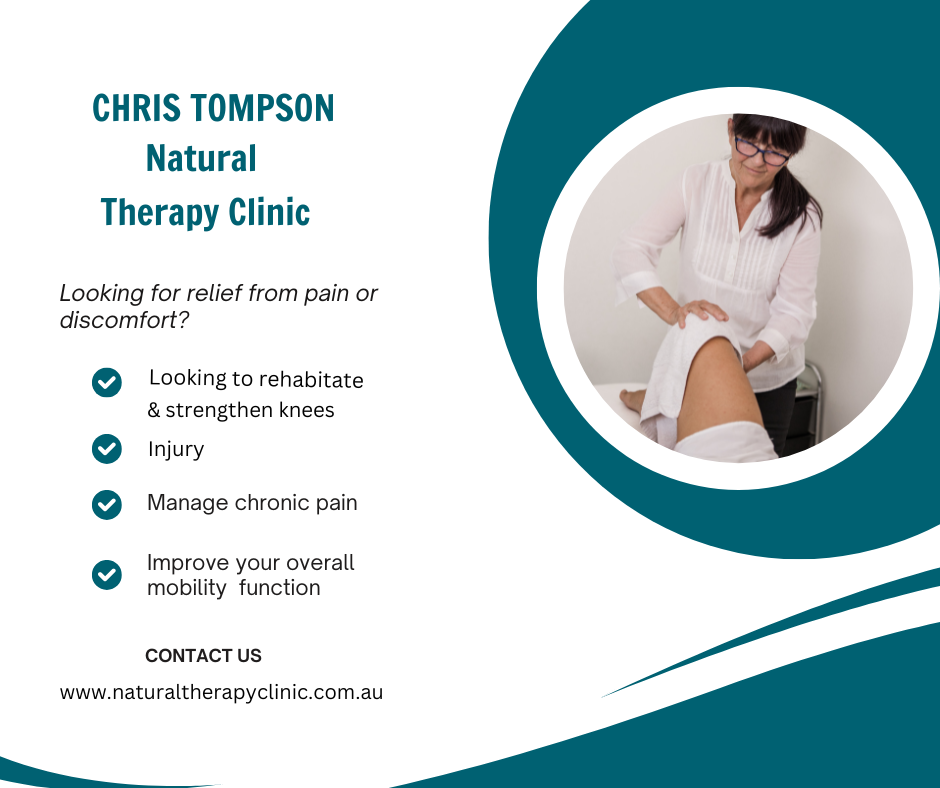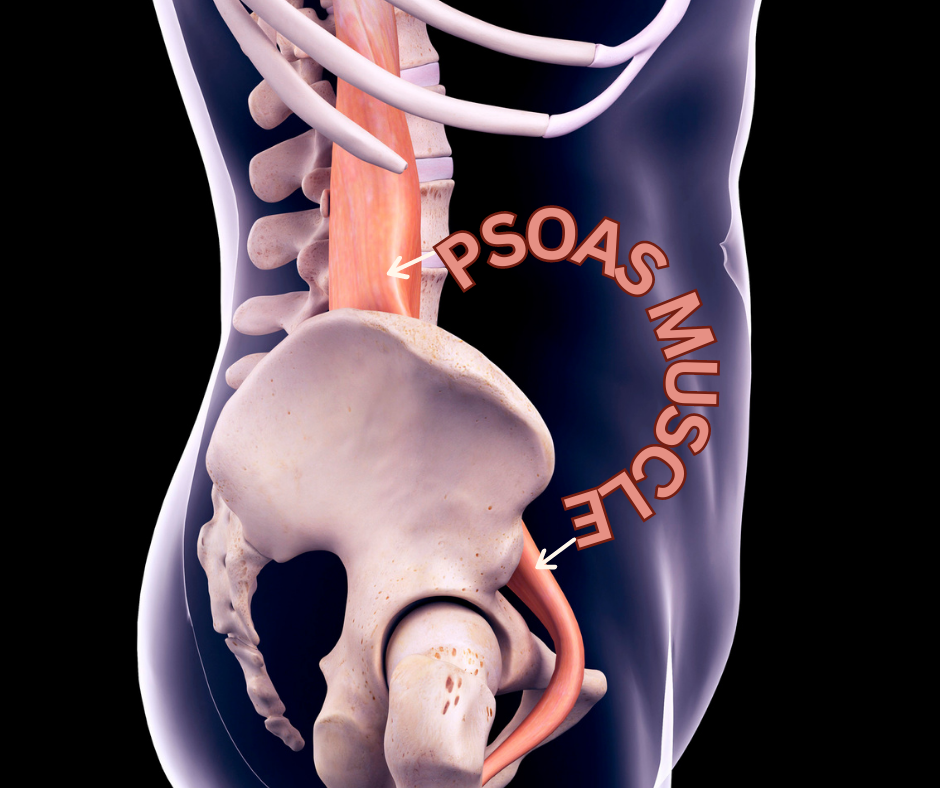What is Intermittent Fasting?
Intermittent fasting is where you alternate between periods of eating and fasting. The fasts last between 16-24 hours.
- The 16/8 method: Skipping breakfast and restricting your daily eating period to 8 hours, such as 1pm –9 p.m. , then you fast for 16 hours. Or it can be eating from from 7am -3pm, then fast for 16 hours
- Eat-Stop-Eat: This involves fasting for 24 hours, once or twice a week, for example by not eating from dinner to the next dinner.
- The 5:2 diet: With this method you consume only 500–600 calories on two non-consecutive days of the week but eat the other 5 days.
I personally like the 16/8 method, which I find works better for me. I prefer to eat from 7am to 3pm then fast for 16 hours. It is much healthier to have your biggest meal around breakfast & lunch. Eating a small dinner or fasting currently seems to make sense. If you think about our circadian rhythm – our 24-hour body clock that helps us determine what time it is. It receives light from the eyes and tells us when we should wake up and when we should go to sleep. It also tells us when the best time to digest food is during the day. https://nigms.nih.gov/education/fact-sheets/Pages/circadian-rhythms.aspx
Benefits are:
- Weight loss and improved health markers.
- Studies have shown to help improve cholesterol levels
- Decrease blood pressure
- Reduce inflammation.
- May promote improved blood sugar control and reduce the risk of Type 2 diabetes
- Can reduce oxidative stress and inflammation in the body
- Heart health
- Has benefits for your brain, changes the function of hormones, cells & genes
Most nutrition experts regard the Mediterranean diet as a good blueprint of what to eat. Whether you’re intermittent fasting or not.
Which entails vegetables, healthy fats, lean protein, complex carbohydrates such as whole grains. https://www.nutritionalhealthenterprises.com/health-benefits-of-a-mediterranean-diet/
Is intermittent fasting safe?
Some people should steer clear of trying intermittent fasting:
- Children & teens under age 18
- Women who are pregnant or breastfeeding
- People with type 1 diabetes who take insulin
- Those with eating disorders
If you have a medical condition, consult with your doctor before starting.
This is particularly important if you:
- Have diabetes, especially Type 1
- Have problems with blood sugar regulation
- Have low blood pressure
- Take medication
- Are underweight
- Are a woman who is trying to conceive
- Are a woman with a history of amenorrhea
Intermittent fasting is not necessarily right for everybody so if in doubt about whether intermittent fasting is right for you.
Please check either with your Health care worker, Nutritionist or Doctor.
Something to remember, this is not a continual eating regime, only a intermittent alternative to give your digestive system a rest.









